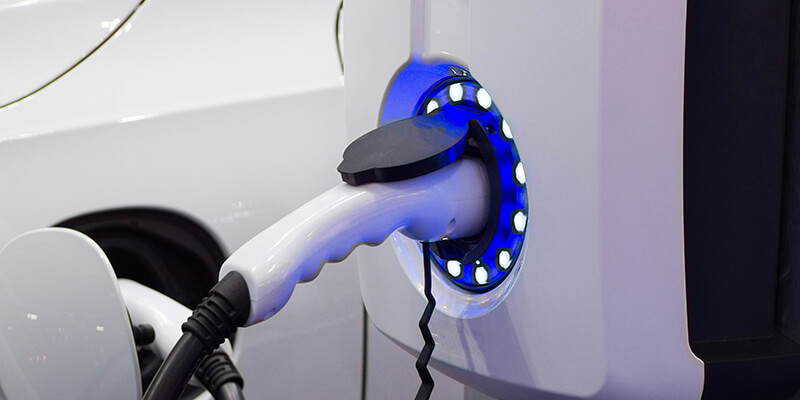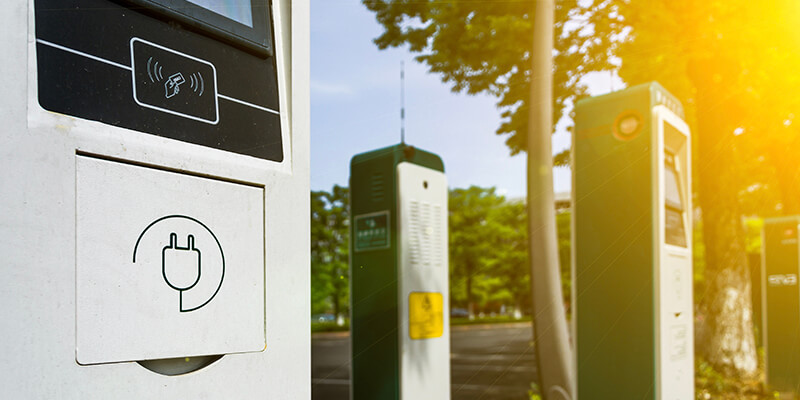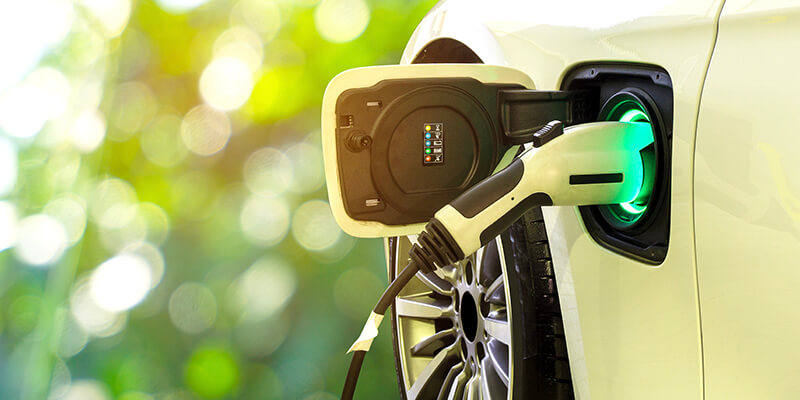Electrical vehicles are now becoming ever more popular among people in the UK. Charging points are now popping up all over the place such as supermarkets, car parks and shopping centres, so you never have to be worried about your vehicle running out of charge.
We have run through a couple of things you need to know about electrical car charging as well as how it all works. Read on to find out more information.
All about electrical car charging
There are three different types of charging points in which you can use for your vehicle. These include rapid, fast and slow EV charging points. Each different charging point represents the different outputs and charging speeds which are available to you.
Rapid
Rapid chargers come in one of two different types. Either AC or DC these mean alternating or direct current. All current rapid AC chargers in the UK are rated at 43kW, whereas most rapid DC charger are currently at 50kW, both of which will charge your car at around 80% within 30 to 60 minutes. Meaning while you are going food shopping or popping out the house for a bit your car be charged in a short period of time to almost full capacity.
Fast
Most fast chargers include those which provide power from 7kW to 22kW; these chargers will usually charge your vehicle in around three to four hours.
Slow
Slow units are commonly around 3kW and are best used when you wish to charge your vehicle overnight as they can take around six to 12 hours to charge.

Charging your car in public
You may think it is really hard to find a car charging point in public, but here in the UK, it is becoming more and more common that you will find them in most locations your visit. Most companies offer national coverage of their car charging points, and some are only in specific regions. Companies such as Ecotricity and Pod Point can be found up and down the country. Chargemaster is now one of the largest charging station companies in the UK, it was also acquired by BP which makes it one of the most accessible charging points with around 6,500 charging points.
Payment methods, as well as access methods, do vary regarding each company, so you may want to check this before you take off for your journey. Some charging points require you to use RFID cards and others may ask you to use an app, all of which you can download in the app store. If you are going to be using the rapid charging points most of these do take PAYG or contactless payments and do not require any accounts to be set up beforehand.
Although most charging points across the UK are free to use, most fast and rapid points do require payment. Charging costs are normally based on the amount of time you have the vehicle on charge for.
If you are out and cannot find a charging point, we recommend downloading
Zip Map. It offers more than 10,000 charging points on the app which means you will never go without one. It is also great if you choose to plan your road trip or journey around each charging point as you can see exactly where they are and what type of charging point it is.

EV charging at home
Charging your vehicle at home is often one of the most convenient and cost-effective ways of charging your vehicle. You will be happy to know that the government offers grants to those who choose to install an EV charging point at home and a number of other companies offer to install them for a fixed price.
Ampower is delighted to now offer this service after partnering up with EV Chargers UK, they not only offer charging stations for your home, but they also offer them for businesses as well. They offer extensive knowledge in EV vehicle charging so you can get the most out of your electric car.
Most home chargers are either 3kW or 7kW; if you decide to go for the higher powered charging points, then you will find that they are slightly more expensive. However, they do halve the time it takes to charge your vehicle at home.
To make your home charging point safe it is usually required that you have off-street parking, so you do not have any cables trailing along which can cause accidents. All of your EV charging points will be wired into your central metering unit; this is done as it is much safer for the electrical load.
Do different cars have different connectors
Not every car will have the same connectors; however, there are not that many varieties out there. There are two different connectors you need to know about: ones you will plug into your vehicle and the one that connects to the power source. If you are looking to charge your vehicle in a public place, you will only have one plug to worry about as the other end will already be attached to the charging station. The types of connectors are as follows for home charging:
- Slow chargers - a Type 1 (J1772) connector or a seven-pin Type 2 (Mennekes) connector.
- Fast chargers - Type 2 (Mennekes) connector, though some use a Type 1 (J1772)
- Rapid chargers - DC rapid chargers use a JEVS (CHADeMO) or a CCS (Combined Charging System) connector. Rapid AC chargers use a Type 2 (Mennekes) connector

Should I buy an electric car charging point?
Unfortunately, without an electric car charging point we believe you are going to find it extremely hard to keep your car going. There are considerable advantages to having an electric vehicle, and if you can get one, we highly recommend looking into it. The reason for this is, you can experience a real change in costs, such as fuel, insurance and MOTs. Electric cars are incredibly cheap to run, while you may find that your electricity plans for homes have gone up a tiny bit, your overall cost of owning and running the car is much lower.
